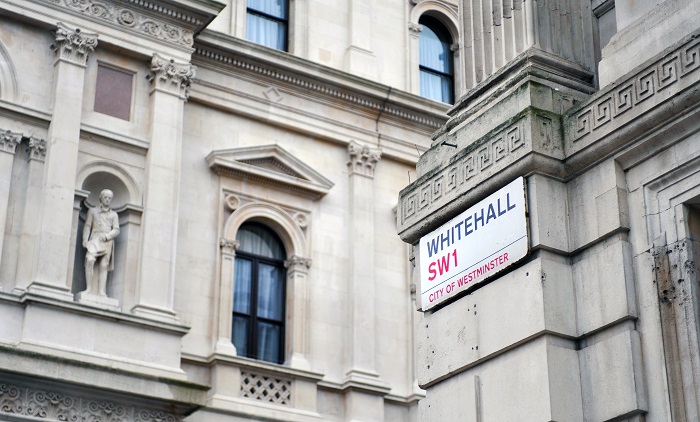economy news bulletin news
The surge UK interest rates aimed at cooling elevated inflation has slashed the nation’s household wealth made up mostly of home ownership and pensions, a study showed Monday. bulletin news
Household wealth crashed by £2.1 trillion ($2.74 trillion) over the past year, the highest share of UK economic output since World War Two, according to Resolution Foundation, an independent think tank that co-authored the report.
However several interest-rate rises since late 2021 have resulted in falling house prices, benefitting younger people hoping to buy their first property, the study concluded.
It added they would now also need to save less to achieve an income in retirement worth two-thirds of their final salary.
“Over the past four decades wealth has soared across Britain, even when wages and incomes have stagnated,” noted Ian Mulheirn, research associate at Resolution Foundation.
“But rapid interest-rate rises have ended this boom.”
According to the study, pension wealth accounted for 43 percent of household net wealth between 2018 and 2020.
Home ownership contributed a further 36 percent.
The Bank of England has ramped up interest rates 13 times in a row to the current level of five percent in an attempt to dampen stubbornly-high inflation.

The move has sparked mortgage turmoil as commercial lenders lift their own rates on home loans, worsening a cost-of-living crisis.
“The short-term pain of higher interest rates for mortgage holders could also mean a longer-term gain for young people hoping to buy their own homes and saving for their pensions,” said Mubin Haq, chief executive of the abrdn Financial Fairness Trust, which helped carry out the study.
“Both become more affordable and allow for a fairer sharing of wealth.
“In these turbulent times, when assets have tended to held by older generations, we may see rising interest rates reversing the growth in wealth gaps Britain has seen over recent decades,” Haq added.
bcp/rl
© Agence France-Presse. All rights are reserved.
economy news bulletin news
Notes from APS Radio News
Reportedly because of what was being called a “pandemic”, a number of the world’s central banks embarked on massive programs of monetary expansion, starting in late February and early March of 2020.
For its part, between the early part of March of 2020 to over a year later, the US Federal Reserve added over $4 trillion to its holdings, by purchasing billions of dollars’ worth of Treasury bonds and corporate bonds each month during that period.
As well, at that time it kept interest rates rather low.
Other central banks, including the Bank of Japan and the European Central Bank, followed similar policies.
In addition, during that period many countries engaged in lockdowns; many small and medium-sized businesses and enterprises were shuttered by way of orders issued by public health officials, politicians and various administrators.
One of the direct causes of those shutdowns was the development of shortages.
According to a number of economists, the combination of shortages of various goods and services and massive programs of “quantitative easing” led to substantially higher rates of inflation.
In consequence of shuttered economies and higher rates of inflation in the first world, less developed countries suffered greatly, due, in part, to shortages of supplies and due to lowered demand.


